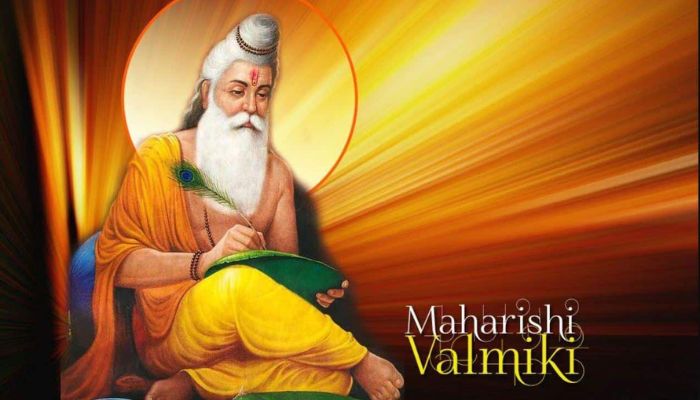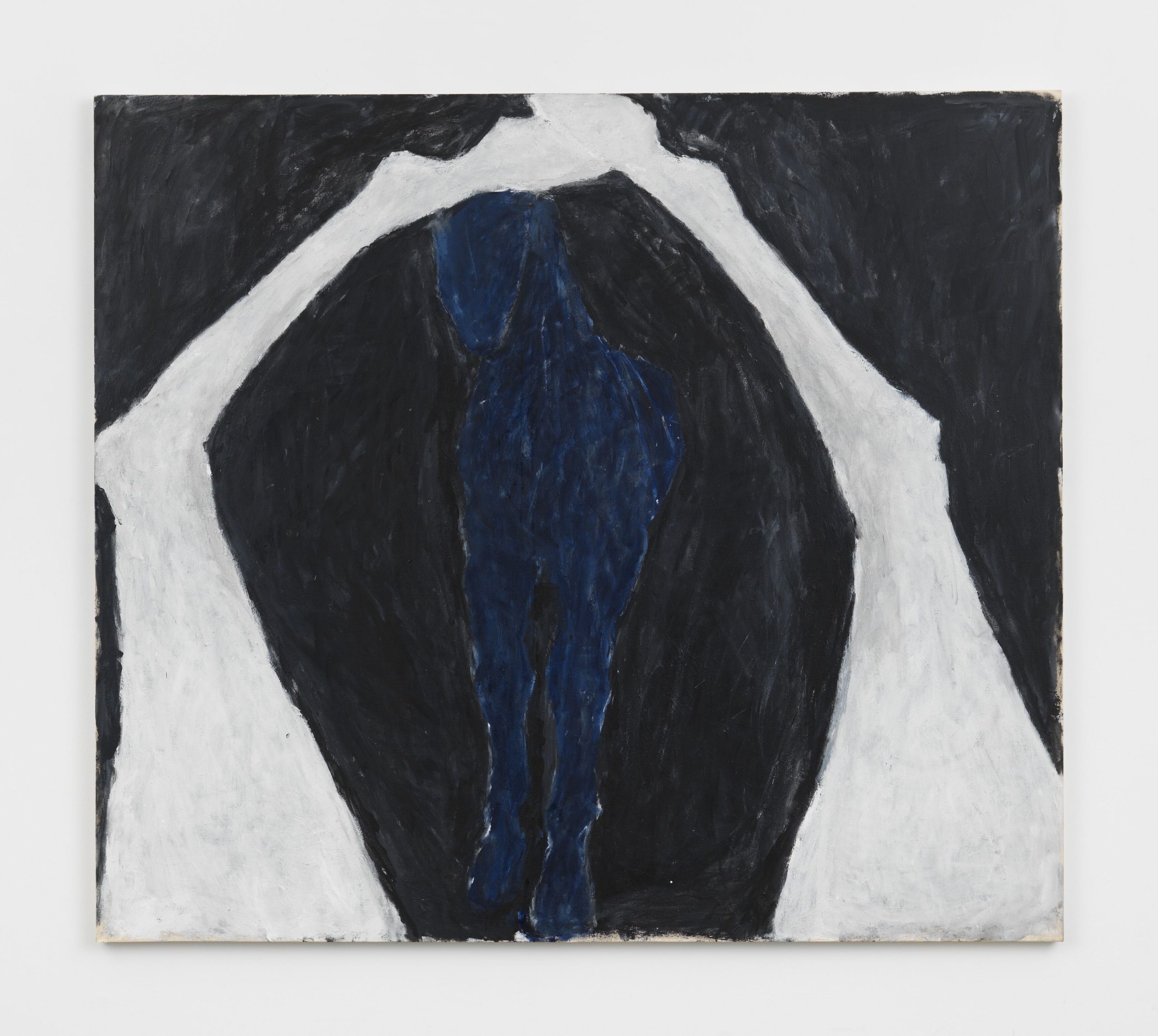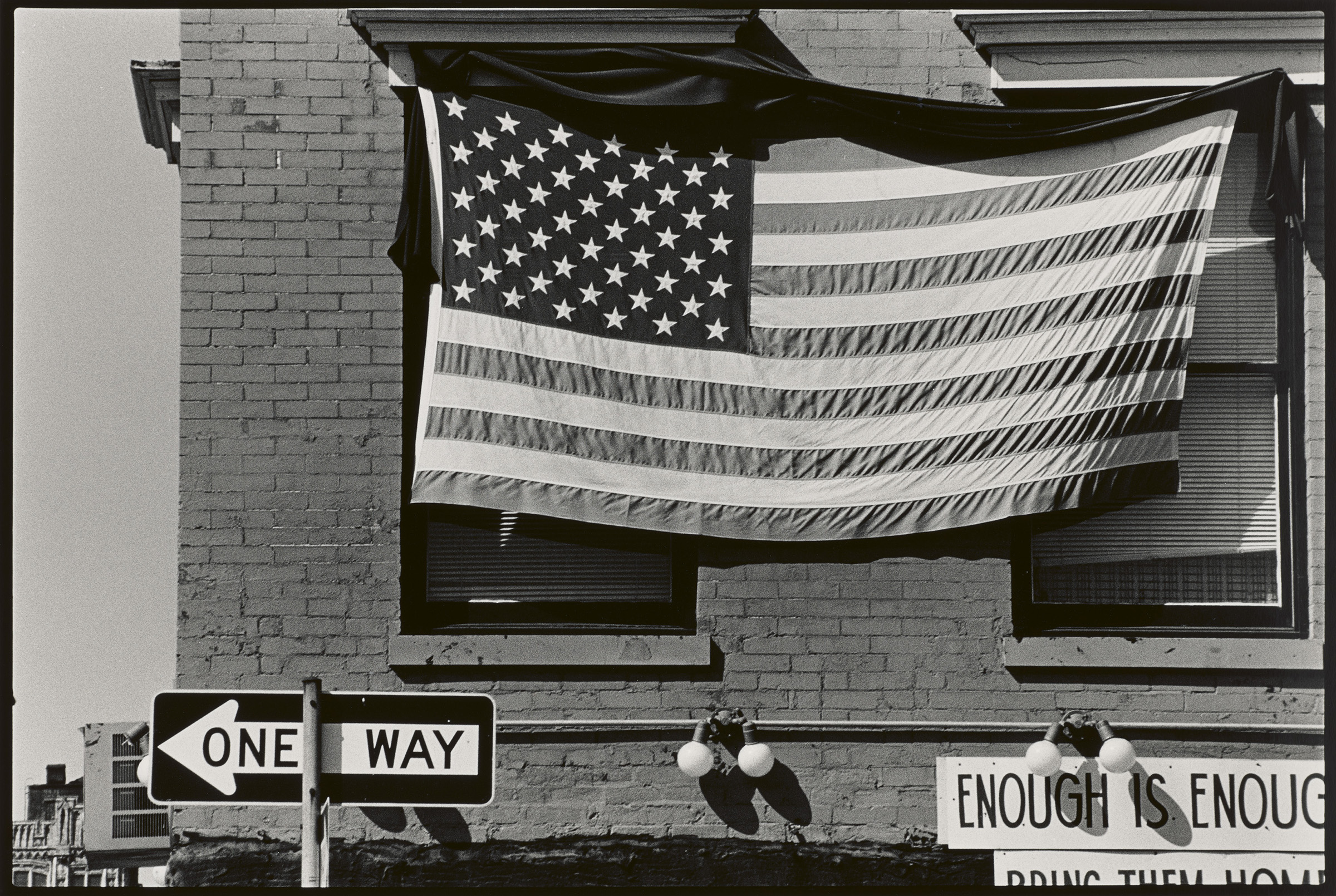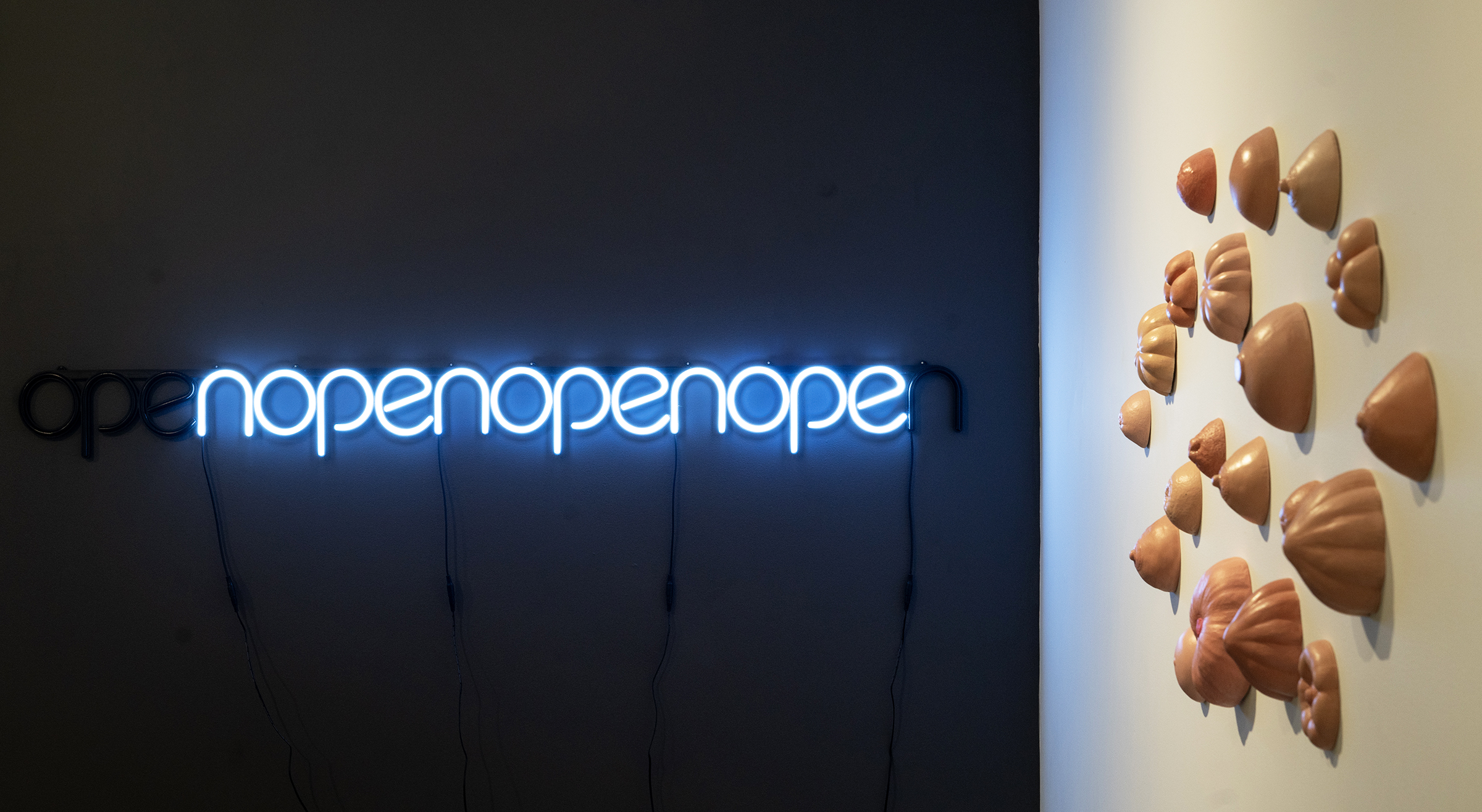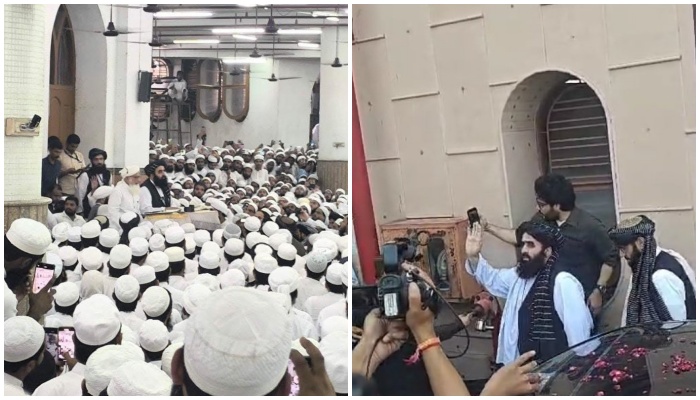Rajdeep Sardesai issues another apology for 2011 fake news against ex-BJP Councillor Ajit Tokas: A long history of lies, propaganda, and suppressed truths
On October 13, 2025, senior journalist Rajdeep Sardesai issued yet another public apology. This time for a 2011 programme aired on IBN7 in collaboration with Cobrapost, titled Dilli’s Double Agents. The show had falsely alleged that Ajit Singh Tokas, a former BJP councillor from Munirka, had demanded money in connection with unauthorised constructions in the area. Taking to Instagram, Sardesai quietly released a video apologizing to Mr Ajit Singh Tokas, for the lies peddled by him in the 2011 programme. View this post on Instagram A post shared by Rajdeep Sardesai (@rajdeep_sardesai) On X, formerly Twitter, Sardesai issued a similar apology note. The clarification, posted by Sardesai, conceded that no evidence existed to substantiate the claim. The apology read that Mr. Tokas had “rejected multiple offers of gratification” and that there was “no evidence on record” to prove that he demanded money. Sardesai extended an apology for the “social and political reputational harm” caused to Tokas and clarified that the sting investigation was “undertaken by an external agency,” while his own role was “limited to anchoring.” While this may seem like an isolated instance of journalistic overreach corrected after due process, it is, in fact, part of a larger pattern, one that has followed Rajdeep Sardesai throughout his career. This latest apology joins a long list of retractions, misreports, and controversies, most of which have shared one thing in common: they invariably target one political party: the BJP. The Suppressed “Cash-for-Vote” Sting Operation Ironically, Sardesai has long faced allegations of deliberately suppressing the 2008 “Cash-for-Vote Scam” sting operation, which, according to many observers, could have sounded the death knell for the UPA government had it been aired. Years later, senior journalist Manoj Ranjan Tripathi revealed about the incident while speaking on Shubhankar Mishra’s podcast, in the segment between 1 hour 22 minutes and 1 hour 26 minutes. He disclosed that before the scandal broke in Parliament in 2008, a sting operation had already been conducted. However, Sardesai, who was his boss at the time, chose to bury the footage. “If that CD had been aired,” Tripathi said, “big names like Amar Singh and several other top leaders would have been caught. But Rajdeep was the boss.” He added that he stood by his words even if Sardesai himself watched the podcast, asserting, “What I am saying is the truth.” Tripathi emphasized that he personally knew “at least a hundred people” in the media industry who were aware of this suppression. Following the revelation, public outrage erupted online, with many demanding answers from Rajdeep Sardesai. Notably, this is not the first time such an allegation has surfaced. Veteran Doordarshan anchor Ashok Shrivastav had earlier accused Sardesai of burying the same sting during the UPA era. Shrivastav explained that when the Cash-for-Vote scam unfolded, Sardesai was heading a television channel. The sting operation had captured money transactions allegedly made to save the Manmohan Singh-led government. After viewing the footage, Sardesai decided to “review it before telecasting.” Under the guise of this “review,” he withheld the footage for several months, and the UPA government survived. Soon after, Rajdeep Sardesai was awarded the Padma Shri. Manoj Ranjan Tripathi, who worked closely with Sardesai and other major media houses, also spoke more broadly about the rot within India’s TV news industry. He narrated an incident from his field reporting days, saying that even when surrounded by corpses, he was instructed to “wear a tie” before coming on air, a stark symbol of how television journalism had come to prioritize optics over truth. The Sohrabuddin encounter case: Sardesai apologises after 12 years In November 2019, Rajdeep Sardesai offered an unconditional apology in connection with a 2007 CNN-IBN programme titled 30 Minutes – Sohrabuddin, the Inside Story. The report had falsely accused IPS officer Rajiv Trivedi of helping Gujarat police abduct Sohrabuddin Sheikh and his wife Kauserbi, alleging that Trivedi provided cars with fake number plates for the operation. Following the broadcast, Trivedi filed a criminal complaint against Sardesai and others, leading to prolonged legal proceedings through multiple courts. Both the Andhra Pradesh High Court and the Supreme Court refused to quash the criminal case, observing that individual reputation cannot be trampled in the name of press freedom. Eventually, in 2019, after 12 years, Sardesai submitted an affidavit admitting the allegations were false, offering an unconditional apology to the IPS officer. The Hyderabad sessions court accepted the apology and dismissed the case. Platforming Pakistan’s propaganda In 2019, following Pakistani Minister Fawad Chaudhry’s admission in Parliament that the Pulwama attack was Pakistan’s “great victo



On October 13, 2025, senior journalist Rajdeep Sardesai issued yet another public apology. This time for a 2011 programme aired on IBN7 in collaboration with Cobrapost, titled Dilli’s Double Agents. The show had falsely alleged that Ajit Singh Tokas, a former BJP councillor from Munirka, had demanded money in connection with unauthorised constructions in the area.
Taking to Instagram, Sardesai quietly released a video apologizing to Mr Ajit Singh Tokas, for the lies peddled by him in the 2011 programme.
On X, formerly Twitter, Sardesai issued a similar apology note. The clarification, posted by Sardesai, conceded that no evidence existed to substantiate the claim. The apology read that Mr. Tokas had “rejected multiple offers of gratification” and that there was “no evidence on record” to prove that he demanded money. Sardesai extended an apology for the “social and political reputational harm” caused to Tokas and clarified that the sting investigation was “undertaken by an external agency,” while his own role was “limited to anchoring.”
While this may seem like an isolated instance of journalistic overreach corrected after due process, it is, in fact, part of a larger pattern, one that has followed Rajdeep Sardesai throughout his career. This latest apology joins a long list of retractions, misreports, and controversies, most of which have shared one thing in common: they invariably target one political party: the BJP.
The Suppressed “Cash-for-Vote” Sting Operation
Ironically, Sardesai has long faced allegations of deliberately suppressing the 2008 “Cash-for-Vote Scam” sting operation, which, according to many observers, could have sounded the death knell for the UPA government had it been aired.
Years later, senior journalist Manoj Ranjan Tripathi revealed about the incident while speaking on Shubhankar Mishra’s podcast, in the segment between 1 hour 22 minutes and 1 hour 26 minutes. He disclosed that before the scandal broke in Parliament in 2008, a sting operation had already been conducted. However, Sardesai, who was his boss at the time, chose to bury the footage.
“If that CD had been aired,” Tripathi said, “big names like Amar Singh and several other top leaders would have been caught. But Rajdeep was the boss.” He added that he stood by his words even if Sardesai himself watched the podcast, asserting, “What I am saying is the truth.” Tripathi emphasized that he personally knew “at least a hundred people” in the media industry who were aware of this suppression.
Following the revelation, public outrage erupted online, with many demanding answers from Rajdeep Sardesai. Notably, this is not the first time such an allegation has surfaced. Veteran Doordarshan anchor Ashok Shrivastav had earlier accused Sardesai of burying the same sting during the UPA era.
Shrivastav explained that when the Cash-for-Vote scam unfolded, Sardesai was heading a television channel. The sting operation had captured money transactions allegedly made to save the Manmohan Singh-led government. After viewing the footage, Sardesai decided to “review it before telecasting.” Under the guise of this “review,” he withheld the footage for several months, and the UPA government survived. Soon after, Rajdeep Sardesai was awarded the Padma Shri.
Manoj Ranjan Tripathi, who worked closely with Sardesai and other major media houses, also spoke more broadly about the rot within India’s TV news industry. He narrated an incident from his field reporting days, saying that even when surrounded by corpses, he was instructed to “wear a tie” before coming on air, a stark symbol of how television journalism had come to prioritize optics over truth.
The Sohrabuddin encounter case: Sardesai apologises after 12 years
In November 2019, Rajdeep Sardesai offered an unconditional apology in connection with a 2007 CNN-IBN programme titled 30 Minutes – Sohrabuddin, the Inside Story. The report had falsely accused IPS officer Rajiv Trivedi of helping Gujarat police abduct Sohrabuddin Sheikh and his wife Kauserbi, alleging that Trivedi provided cars with fake number plates for the operation.
Following the broadcast, Trivedi filed a criminal complaint against Sardesai and others, leading to prolonged legal proceedings through multiple courts. Both the Andhra Pradesh High Court and the Supreme Court refused to quash the criminal case, observing that individual reputation cannot be trampled in the name of press freedom.
Eventually, in 2019, after 12 years, Sardesai submitted an affidavit admitting the allegations were false, offering an unconditional apology to the IPS officer. The Hyderabad sessions court accepted the apology and dismissed the case.
Platforming Pakistan’s propaganda
In 2019, following Pakistani Minister Fawad Chaudhry’s admission in Parliament that the Pulwama attack was Pakistan’s “great victory,” Rajdeep Sardesai invited him to his show to “clarify” his statement. Instead of confronting the minister, Sardesai provided him space to attack Indian media, in what critics described as a shocking abdication of journalistic responsibility.
The CAA Riots and the Habit of twisting facts
During the Citizenship Amendment Act (CAA) protests, Sardesai claimed that “debates were invited after the law was brought in.” This was demonstrably false as discussions over protecting persecuted minorities from neighbouring countries had been ongoing for decades, with even the Congress party supporting similar provisions in the past.
The Statue of Unity “Made in China” lie
Sardesai had also claimed that Gujarat’s Statue of Unity was “Made in China.” Engineering firm Larsen & Toubro (L&T) had clarified way back in 2015 that only the bronze cladding plates, worth less than 9% of the project, were sourced from China, while the entire statue was built in India.
“It was a great day”: The 2001 Parliament attack remark
In a 2018 interview, Rajdeep Sardesai recounted the 2001 Parliament terror attack as a “great day,” calling journalists “vultures who feed on such moments.” The grotesque remark drew widespread condemnation, further underscoring his lack of professional decorum.
The Sachin Pilot rebellion
In 2020, during Sachin Pilot’s rebellion against the Congress leadership in Rajasthan, Sardesai insinuated that the revolt was sponsored by the BJP. Pilot himself rebuked the claim on-air, clarifying that his faction had borne all travel and lodging expenses. Sardesai also faced criticism for tweeting that a Supreme Court verdict was biased because Justice Arun Mishra had once praised PM Modi, a tweet he later deleted.
Lies during COVID-19 crisis
Falsehoods During the COVID-19 Crisis Rajdeep Sardesai continued his pattern of agenda-driven misinformation even during the Coronavirus pandemic. He claimed a medical college in Karnataka hadn’t paid stipends for 16 months, attempting to blame the Modi government.
It later emerged that the college was owned by a Congress leader, and the BJP state government had already directed payment. He falsely claimed a man in Banda (UP) had died of starvation. The District Magistrate fact-checked him, revealing that the family was receiving food grains under government schemes. He alleged that Punjab had received only ₹71 crore from the Centre to fight COVID-19, when the state had, in fact, received hundreds of crores.
Politics over dead bodies
Ironically, Rajdeep once urged others not to “do politics over dead bodies.” Yet his career trajectory owes much to precisely that from the 2002 Godhra riots, where he helped shape a highly polarised narrative, to selective empathy in later killings. When journalist Shujaat Bukhari was murdered, he penned an emotional piece; when Hindu activist Prashant Poojari was murdered, he downplayed it as having a “political context.”
Over the years, Rajdeep Sardesai has earned the reputation of being a serial abuser of facts, repeatedly forced to issue clarifications and apologies after spreading misinformation. In 2017, he falsely claimed that the Vice-Chancellor of Banaras Hindu University (BHU) had attended a Narendra Modi rally, later retracting it as a “case of mistaken identity.” He also had to apologise to Sri Sri Ravi Shankar after airing a manipulated interview, acknowledging on-air that systems would be put in place to prevent such “errors” in future.
During the Delhi riots, Amit Shah’s election rallies, and the Amritsar train tragedy, he shared and deleted false claims multiple times after being called out by viewers. The pattern has been painfully consistent: spread misinformation, let it fester in public discourse, face outrage, and finally issue a belated apology couched in professional regret. Each of these incidents, viewed in isolation, could be dismissed as lapses in judgment; but together, they form a compelling portrait of a journalist who has built an entire career around reckless sensationalism followed by ritualistic contrition.
Across two decades, Sardesai’s “errors” have shown remarkable directional consistency. Every misreport, every insinuation, every “mistake” somehow damages one political party and its supporters. If incompetence were the cause, the errors would at least be politically random. They are not.
The apology issued on October 13, 2025, is not an isolated act of contrition. It’s a continuation of a career built on selective narratives, political spin, and post-facto corrections. Public memory may fade, but Rajdeep Sardesai’s record of serial misinformation stands as a testament to what journalism becomes when activism replaces accuracy.




